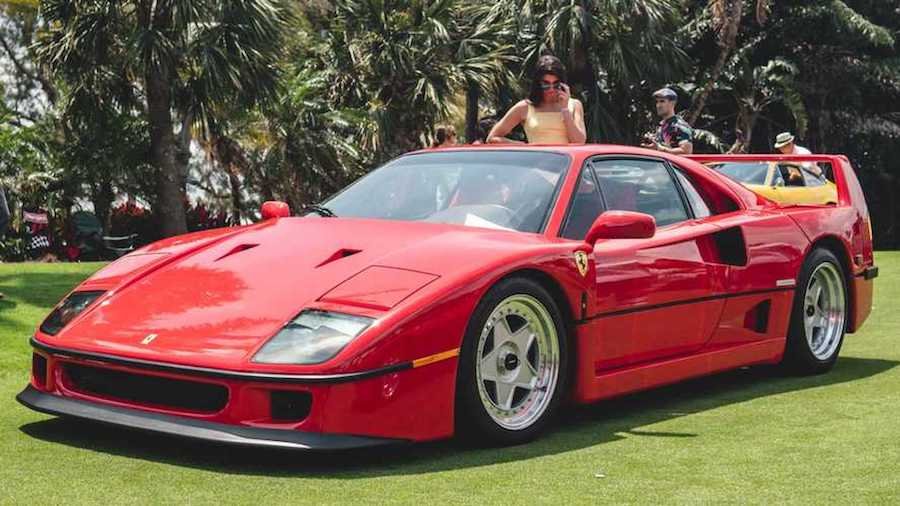Ferrari has never been about volume. In fact, it's known to artificially limit production. Take for example the Purosangue as the not-an-SUV is capped at 20% of the total annual output. Even in 2023 when Maranello posted record sales, it delivered only 13,663 vehicles. If you're lucky enough to own a car carrying the Prancing Horse, the exotic Italian marque offers life-long support for your prized possession.
Ferrari's Chief Marketing and Commercial Officer told Australian magazine Drive that the low-volume brand stores documentation for nearly all cars ever built. If need be, Enrico Galliera says Ferrari has the means to build new parts to keep the classics on the road. The fresh components are made using modern production techniques that also include 3D printing. The original technical papers also come in handy when an old-timer is being repaired.
"A Ferrari is a car that we want our clients to enjoy for the next 10, 15, or 50 years. So it was important to make sure that every single component, not only the mechanical but also the electrical one was going to be available also in the future."
The latter statement mainly concerns the new F80 and how Ferrari decided to go solo by engineering some of the parts in-house rather than sourcing components from a third party. Galliera pointed out the front motor is more compact and 80 pounds (36 kilograms) lighter than the SF90 Stradale's. By doing the work internally, Ferrari has more control and can provide the necessary support 20-30 years from now.
Apart from restoring vintage and classic cars to be as close to the originals as possible, the vehicles can also be improved beyond factory specifications. There's a new battery for the previous flagship, the LaFerrari, which lasts longer than before. This is an important upgrade for a hypercar that rarely gets driven, as most of these high-end vehicles spend the better part of their lives locked up in a climate-controlled garage.
You don't have to shop in the highest echelon to get this kind of support since more volume-oriented brands are breathing new life into old cars. Earlier this year, I wrote about how BMW still makes parts for vehicles as old as the 02 Series and New Six (E3) from the 1960s and 1970s. The one and only supercar is also on the list even though the M1 is about as rare as some Ferraris, with just 453 units ever assembled.
Noticias relacionadas

